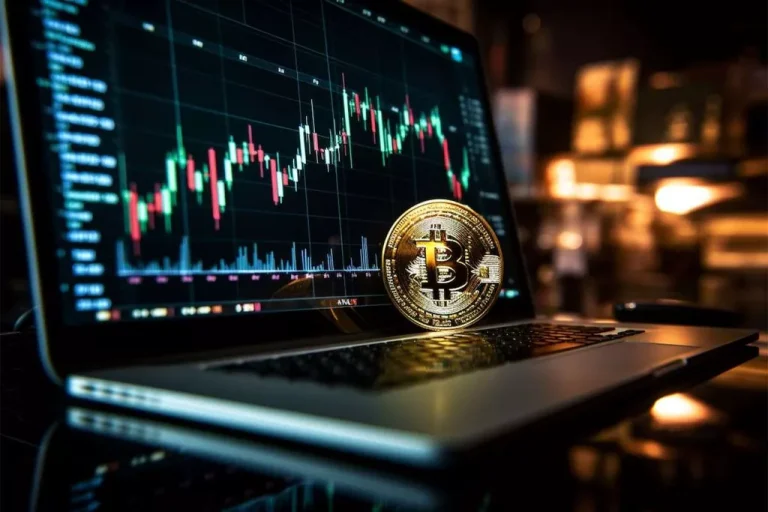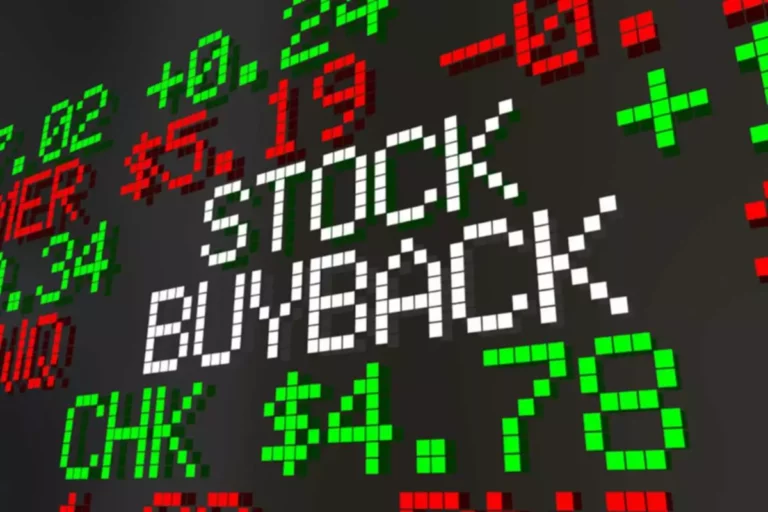The types of derivatives embrace futures, choices, forwards, and swaps. Futures are contracts for buying/selling at a future date, choices give buying/selling rights, forwards are customizable agreements, and swaps involve exchanging monetary instruments or money flows. Swaps contain the change of cash flows or belongings between two parties https://www.xcritical.in/, often used to handle interest rates or forex dangers. Swaps are extremely customizable contracts that allow events to tailor the phrases to their specific needs and threat management strategies. Swaps are broadly used for hedging towards varied dangers like rates of interest, currency, commodity costs, and credit risks. Swaps are predominantly traded over the counter, they’re privately negotiated between parties, providing flexibility in terms and circumstances.
Choosing Between Shares And Derivatives: Which Is The Right Possibility For You?
Hedgers are often producers or producers of the underlying belongings, primarily commodities, similar to oil, pulses, metals, and so on. No, derivatives embody a broader class of monetary contracts, including options, forwards, and swaps. Futures are a selected type of derivative, representing agreements to buy or sell belongings at predetermined prices crypto derivatives exchange on specified future dates. Compared to over-the-counter (OTC) derivatives, exchange-traded derivatives supply extra liquidity, transparency, and lower counterparty threat.

Additional Subjects You Might Wish To Read About
Interestingly, you can commerce an index solely through derivatives for the reason that bodily delivery Stablecoin of such instruments is unimaginable. Derivative buying and selling requires in-depth data concerning the products and a substantial quantity of expertise. All traders must conduct thorough analysis regarding this course of and formulate effective strategies to minimise losses and optimise profits.
- The world derivatives market is an important a half of the global monetary system.
- In future contracts, each parties must bind to a authorized document that states the buying or selling of monetary instruments at a predetermined price and expiry date.
- Market regulators like the Securities and Exchange Board of India (SEBI) draft guidelines for them.
- Derivative trading includes both shopping for and promoting of these monetary contracts out there.
- SEBI establishes the regulatory framework governing derivatives in India.
What’s Spinoff Trading Within The Share Market?
Despite being used interchangeably, there are slight yet important variations between these two terms. This blog tries to clarify the concepts of stocks and shares, highlight their major variations, and discover their differing types… In an choice contract, if the spot price of the contract is ₹500 and the strike value is ₹700, then the trader can get the upper price to promote at the next price.
What Is The Importance Of Derivative Markets?
If you’re a newbie and are just beginning trading, it is advisable to carry out adequate research earlier than venturing into the derivative phase. The change being an unbiased body, retains this house safer for smaller investors. The exchange additionally publishes day by day reports of all the major trades of the day. However, if the spot price was approaching ₹1500, then holding the put possibility contract just isn’t advisable at ₹1200 as the spot market may provide the next fee.
Unlike the cash market, the differentc allow you to profit from a decline within the worth of an underlying asset through quick selling strategies. Investment in securities market are topic to market risks, learn all the related paperwork carefully earlier than investing. No, India doesn’t presently have an exchange-traded real property derivatives market.
Therefore, within the case of exchange-traded derivatives, there is no counterparty or default threat. So, you don’t have to fret in regards to the reverse celebration defaulting, as it is the change itself. As beforehand talked about, you need a Demat account and an internet trading account to commerce in derivatives. ● You can solely trade in monetary contracts obtainable in the market, which normally has an expiry date of three months and expires on the final Thursday of the month.
Both choices provide unique alternatives and include their own set of dangers. Stocks present ownership in firms and the potential for long-term progress, while derivatives permit for various buying and selling strategies and danger management. Derivatives can be utilized to hedge a place, speculate on the directional motion of an underlying asset, or leverage holdings. Most buyers consider derivatives, i.e. fairness derivatives, to be high-risk ventures. Hedge funds, speculators, margin traders, and arbitrageurs are all welcome on this market.
They function on the precept of leverage, allowing you to control a larger position with a smaller upfront investment. For instance, futures contracts allow you to purchase or promote an asset at a predetermined value on a future date. If the value of the underlying asset moves in your favour, you presumably can profit from the difference between the contract worth and the market worth at expiration. But keep in mind, by leveraging derivatives, you can amplify potential returns, but you additionally expose yourself to greater danger. A by-product in trading is a monetary instrument whose value is derived from an underlying asset, like stocks, commodities, or currencies.
This contract allows an investor to buy or promote the asset at a future date with a exhausting and fast expiration, and its worth is dependent upon the efficiency of the underlying asset. Derivatives can be traded on an exchange or over-the-counter (OTC) between two or extra events. These contracts can be utilized to commerce any variety of belongings and carry their own dangers.
Common derivatives embrace futures contracts, forwards, options, and swaps. Futures and forwards are contracts that obligate the parties involved to purchase or promote an asset at a predetermined price on a future date. Futures contracts are traded on numerous underlying belongings like stocks, indices, commodities, and currencies. Traders and buyers use derivatives to take a position on the longer term path of prices in the underlying property. An investor holding a portfolio of shares may use index futures to hedge against total market fluctuations.
The futures contracts include currency futures, index futures, commodity futures, and so on. Risks embody market volatility, leverage, counterparty danger, and regulatory adjustments. Derivatives’ value is tied to underlying belongings, making them sensitive to market actions. This type of trading permits buyers to regulate substantial quantities of property with comparatively minimal upfront capital. The versatility of spinoff buying and selling extends throughout various asset courses, including shares, commodities, currencies, and benchmarks.

Whether proceeding with a derivative contract is a great concept in the end comes all the way down to the trader – their objectives, danger appetite, skills, and sources. Derivatives can be utilized intelligently for hedging, speculation, or arbitrage when the product is appropriate, dangers are managed, volatility is timed properly, and enough collateral is available. OTC derivatives usually are not traded on exchanges, and they are sometimes traded between two counterparties.
Essentially, derivatives allow you to guess on the longer term price actions of property without owning them outright. Crude oil futures are derivative contracts that allow traders to buy or sell crude oil at a specified value for delivery on a future date. These contracts are traded on exchanges such as the New York Mercantile Exchange (NYMEX) and the Intercontinental Exchange (ICE). As an instance of commodity derivatives, crude oil futures enable participants within the crude oil business to hedge worth dangers and facilitate hypothesis based mostly on expectations about oil prices. Futures are by-product contracts that allow traders to buy or promote an underlying asset at a specified price at a future date.
RiskOne of the features of derivatives contracts is that the quantity payable for them is fairly small in comparison to the market worth of the underlying. If the investor is speculating and gets the choice mistaken, derivatives have the potential to wipe out one’s web price. This is a staggering sum of money, and it reveals the size and complexity of the global derivatives market. It is essential to notice that the notional worth of a by-product just isn’t the identical as its market worth.